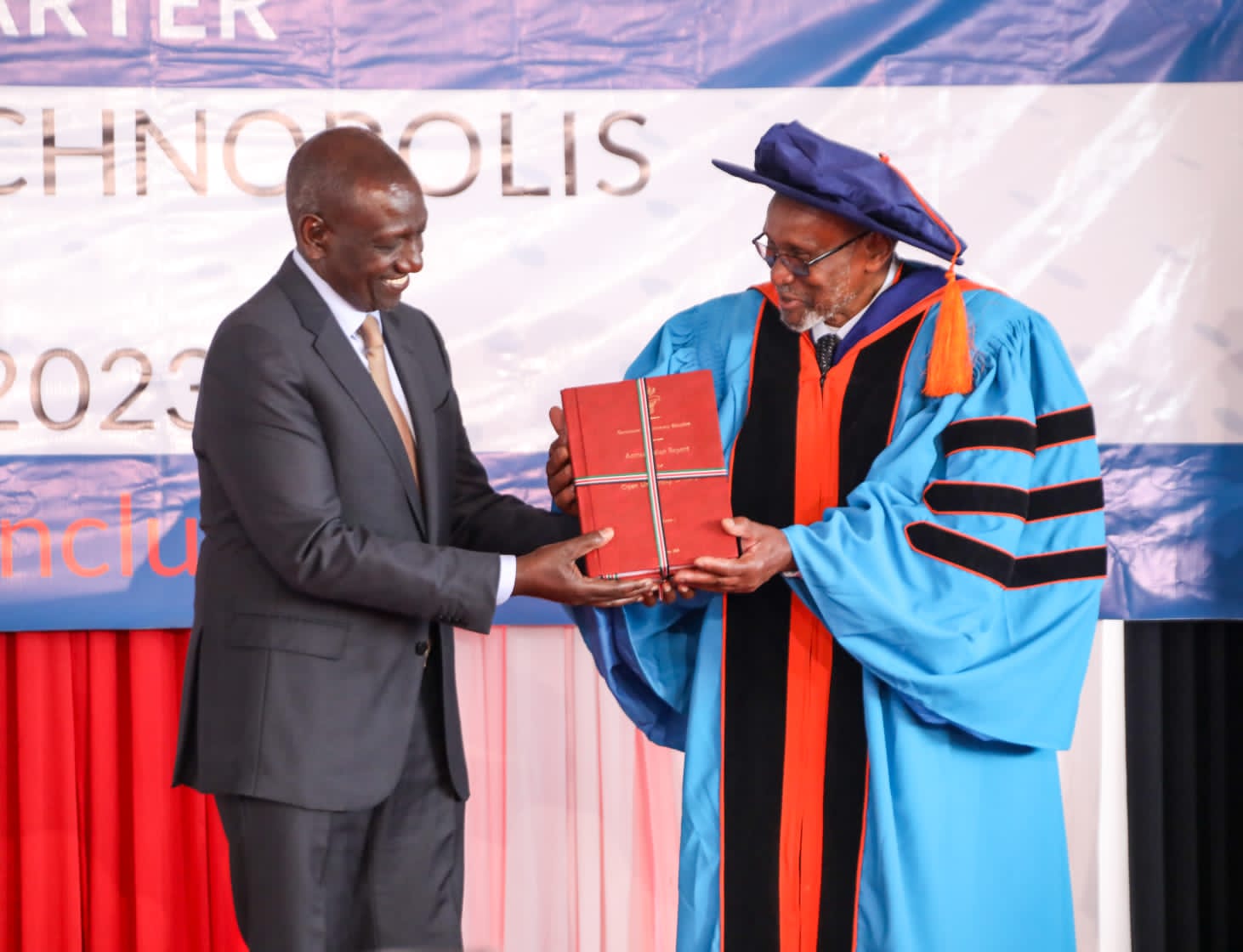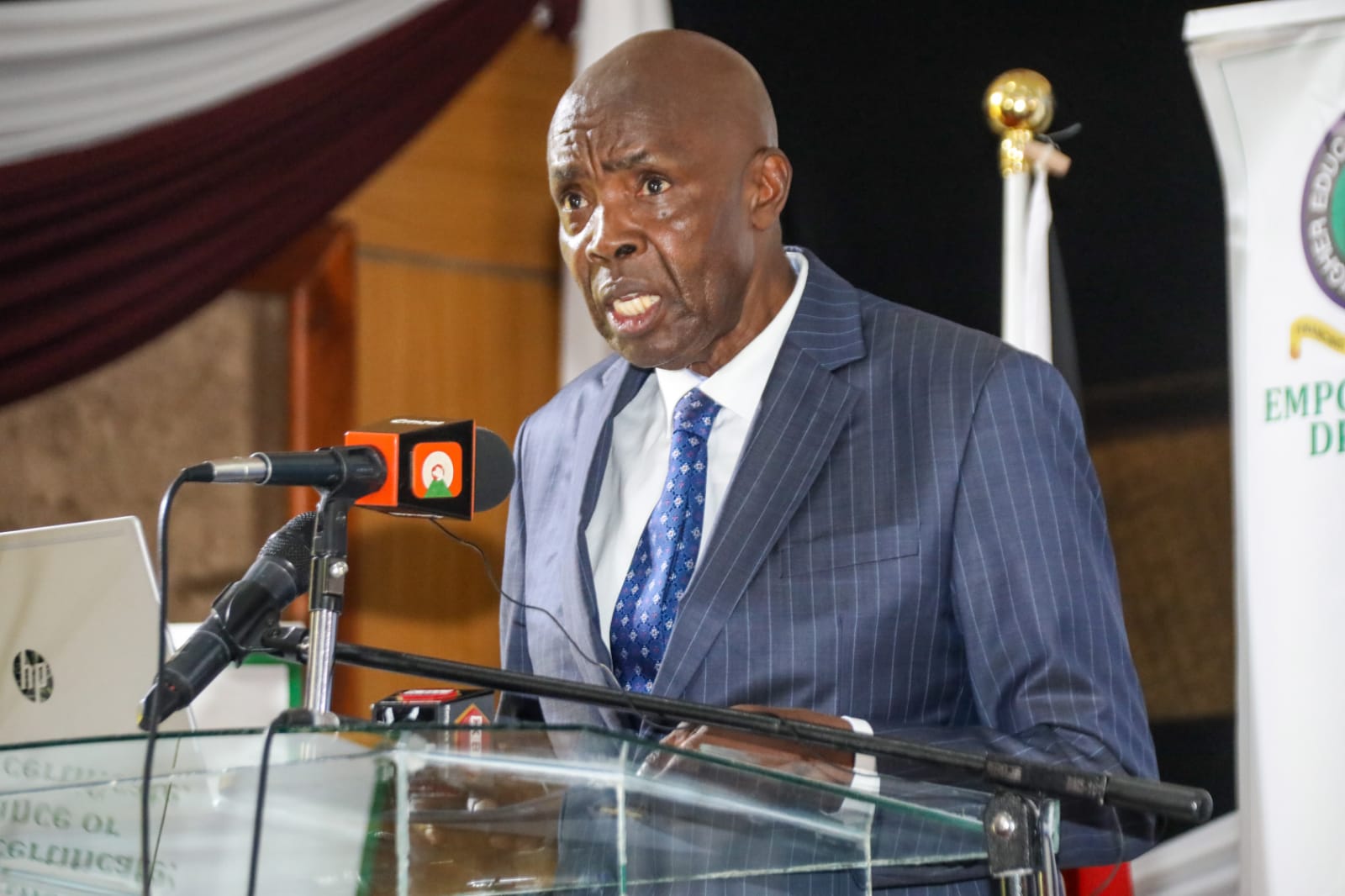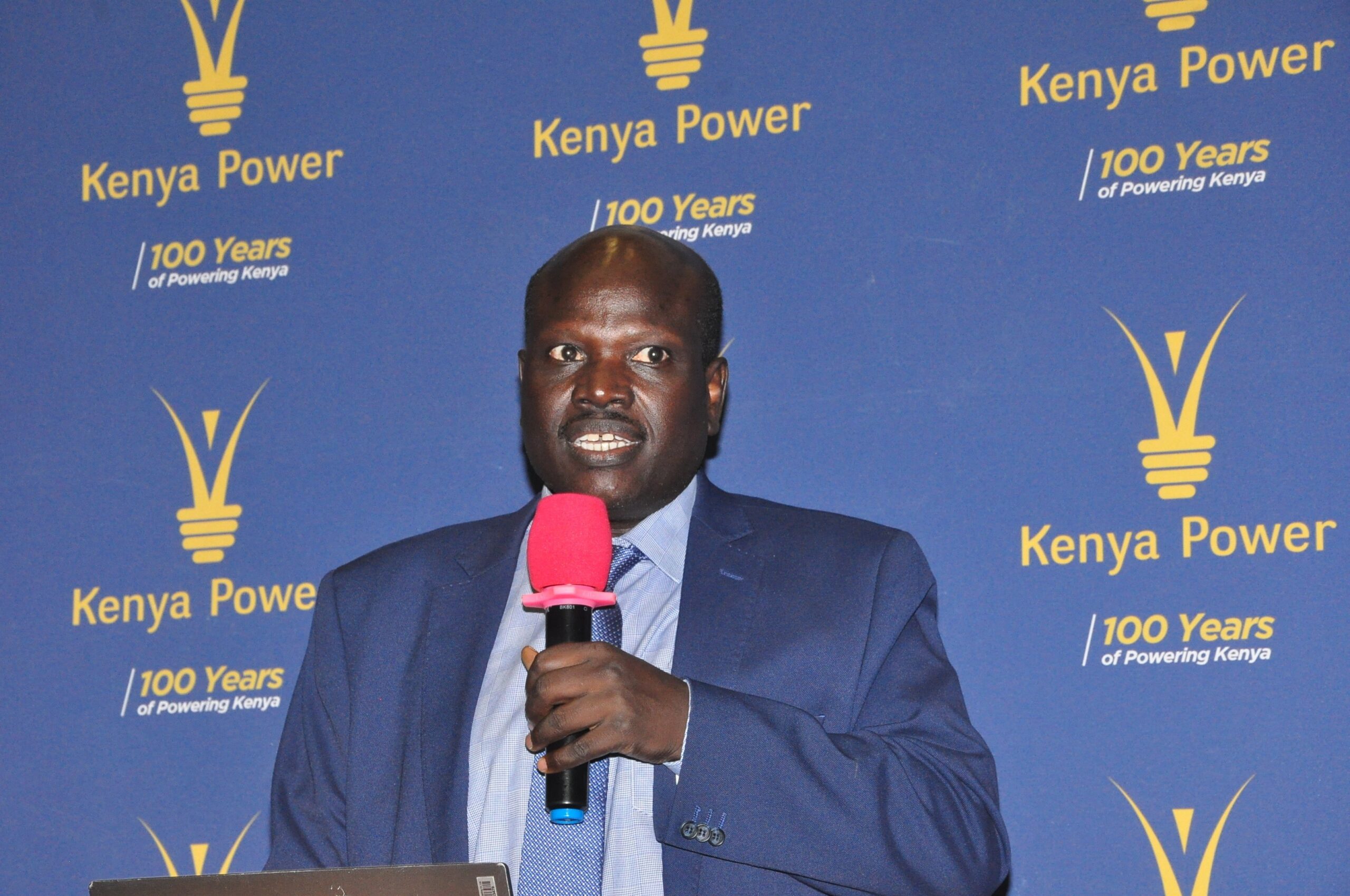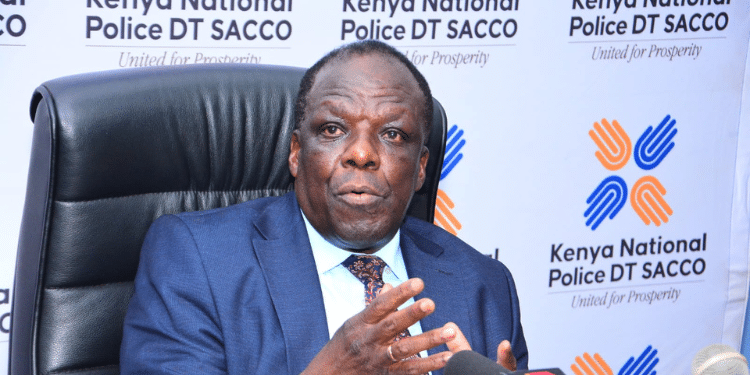President William Ruto launched the New Higher Education Funding (NHEF) model for both scholarships and loans for students placed by Kenya Universities and Colleges Central Placement Service (KUCCPS).
On May 3, 2023, President Ruto directed that the higher education student funding model by aligned to the needs of students and their programme costs.
The NHEF model will be implemented from the 2023 September intake of students placed in universities and TVETs.

The new model will focus on the needs of the students, they have been classified into four categories: vulnerable, extremely needy, needy, and less needy.
Students falling under the vulnerable and extremely needy band will qualify for 100 per cent government funding through scholarships and loans.
Those from needy and less needy households will get 93 per cent government funding, with the students bearing 7 per cent of the tuition costs.
Needy students joining universities will receive government scholarships of up to a maximum of 53 per cent and loans of up to 40 percent.
However, students, parents and the public are yet to fully understand this new funding model.
The University Fund Kenya has provided answers to fifteen frequently asked questions about Ruto’s new funding model.
Also Read: New Funding for College Students
Difference with University Grant
Many are wondering what the difference between the former university grant and the new Higher Education Government Student Scholarship (HEGSS).
The HEGSS is a financial assistance programme provided to learners in public universities and TVET institutes. Funded through government resources, this scholarship aims to support students pursuing undergraduate, diploma, craft certificate and artisan education.
Further, this scholarship is based on the actual cost of the programme and the student’s financial needs.
Who qualifies for this scholarships?
“To be eligible for the scholarship, one must be Kenyan and a 2022 KCSE examination candidate for university learners.
He or she must have been placed by the KUCCPS to pursue an undergraduate, diploma, craft certificate or
artisan course at one of Kenya’s accredited public universities or TVET colleges. Scholarship application is open to students who sat their Kenya Certificate of Secondary Education examination from 2022 onwards,” says University Fund Kenya (UFK).
Can a student apply for a government scholarship at any stage of their academic programme and apply for a loan and scholarship in the same year?
According to UFK, the answer to the question is yes. It explains that Loans and scholarship awards will be categorized differently.
“A vulnerable student will get 82 per cent scholarship and 18 per cent loan of the cost of the programme.
An extremely needy learner will get 70 per cent scholarship and 30 per cent loan of the cost of the course while a needy learner will get 53 per cent scholarship, 40 per cent loan and seven per cent household of the cost of the programme.
Lastly, a less needy learner will get 38 per cent scholarship, 55 per cent loan and seven per cent family of the cost of the course to be pursued,” said UFK.
What if a student is under 18 years?
Further, on whether students below 18 years can apply for the scholarship, UFK states that Minors – individuals who have not attained 18 years of age – who sat their KCSE examination in 2022 and have been placed by KUCCPS in a public university or TVET college can apply for the Higher Education Government Student Scholarship.
However, once the individuals reach 18, they will be required to update their profiles to continue benefiting from the government scholarship and loan.
Is it a must for a student to apply for the Higher Education Government Student Scholarship?
According to UFK, it is not mandatory to apply, and it is advisable that only students who need government financial assistance should apply.

Application Steps
To apply for a Government Student Scholarship, students should visit www.hef.co.ke.
In addition, they are also advised to keep an eye on official communication channels and updates from the Universities Fund, the HELB and KUCCPS for announcements regarding application details and deadlines.
“Prepare the required documents, including academic records, personal details, student residential and educational background records. If necessary, gather letters of recommendation to support your application.
Ensure you have the necessary documents available, including the “Consent to Collect Personal Data” form,” says UFK.
Basis of University Scholarships
To clear the air on whether the Government Student Scholarships are based on financial need or merit or both, UFK explains that scholarship is based on the financial needs of the applicant and academic merit.
However, one must be placed by KUCCPS to a public university or TVET institute to apply.
Is the application for the Government Student Scholarship a one-off for a learner throughout the degree?
UFK says for you to get the Government Student Scholarships, you must apply through www.hef.co.ke and apply every year for the course duration.
In addition, if one receives less than the Government Student Scholarship award applied/or, they may appeal or request a review of their Government Student Scholarships award.
This also applies to unsuccessful scholarship applications.

Can foreign students apply for Scholarships?
No, this scholarship is restricted to Kenyans only and foreigners cannot apply.
“International students should check with their institutions, governments or financial aid offices to determine if they are eligible for other
scholarships,” says UFK.
Further, this Government Student Scholarship fund takes care of the tuition fees.
These funds will be disbursed directly to the university or college the applicant is undertaking their studies.
Can the Government Student Scholarship affect other forms of financial assistance to the learner? This is another key question.
“Yes. If a student is fully funded by another agency, individual or institution, the government Student Scholarship cannot provide a scholarship to the same student since it will lead to overfunding. Students are I expected to fully disclose agencies sponsoring them and the amounts applicable for their sponsorship. Non-disclosure may lead to withdrawal or cancellation of the scholarship,” notes UFK.
Requirements for Universities Scholarships
Beneficiaries of the Government Student Scholarship are required to complete their studies within the stipulated course/programme duration.
“Any extended study duration cost will not be catered for by the scholarship. Secondly, the students will be required to give accurate information to
assist the award of the scholarships,” said UFK.
Lastly, students will not need a guarantor to be eligible for the Government Scholarship.










































































